January 2020 proved to be the busiest month ever for real estate portal Rightmove, which reported 152 million unique visitors to its website in the first weeks of the new year. This was seven per cent higher than January 2019, reflecting an increased appetite for homes from house hunters across the country.
The findings come over a week after Rightmove reported that house prices were growing at their fastest pace for many years – in January 2020, prices grew 2.3 per cent, with the average home worth £306,810.
So-called early-bird house hunters are entering the market with increasing frequency – Rightmove reported that over 1.3 million buyer enquiries had been made since the general election alone.
Increased sales amid rising prices
One of the major indicators of increased optimism in the UK housing market in January was the 12 per cent growth in the number of sales agreed by agents. London enjoyed some of the greatest increases in demand – in the capital, agreed sales jumped 26 per cent year-on-year.
Despite high demand, affordability remains an issue, especially for first-time buyers. Greater London remains the most expensive region for buyers, with average house prices of £612,465, having grown 3.1 per cent year-on-year.
In contrast, the North East has the cheapest average homes, worth £148,068, an increase of 1.1 per cent year-on-year.
Miles Shipside, a property expert at Rightmove, commented: “There’s still an imbalance, with demand growing at a faster rate than new supply and no clear sign yet of any uplift in new listings compared to this time last year, but we could see a wave of new sellers in the coming weeks.”
Mr Shipside added that prospective sellers should be cautious, saying: “Sellers should take care not to over-price their homes. It’s still a price-sensitive market, and there’s a limit to what buyers can borrow, even though mortgage interest rates are temptingly low.”
Attractive time to buy
It continues to be an attractive time to buy a home for many first-time buyers, especially following the Bank of England’s decision to keep interest rates on hold at 0.75 per cent last week. This came following a raft of data points which suggested the UK economy was bouncing back in the first month of the new year.
Interest rates remaining low and stable for longer could help encourage people to consider taking out a mortgage sooner rather than later, especially if there is an expectation for higher interest rates, if the economy continues to improve in 2020.
An environment of fewer new listings, increased demand from buyers and low interest rates all helped put the housing market in something of a sweet spot.
Issues relating to affordability are greatly helped by the fact that wages have been growing faster than house prices in recent months, gradually reducing income-to-price ratios, particularly in less affordable regions, including London and the South.







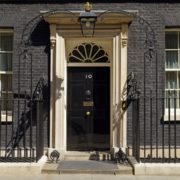
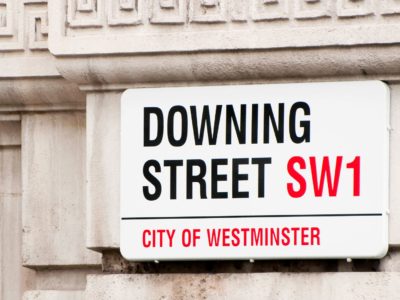

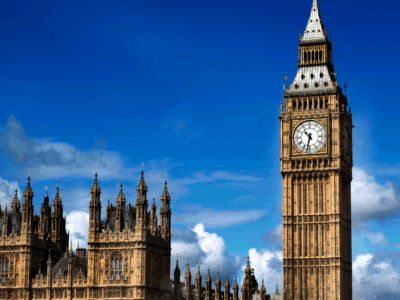




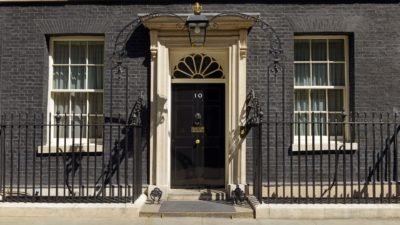

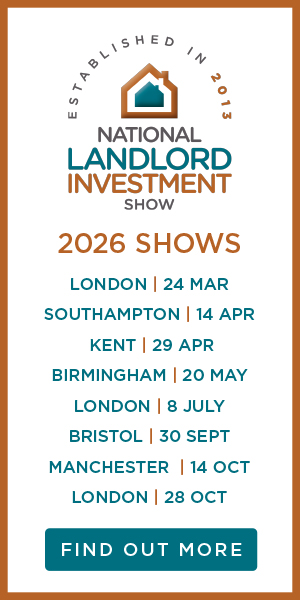



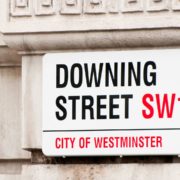


Comments